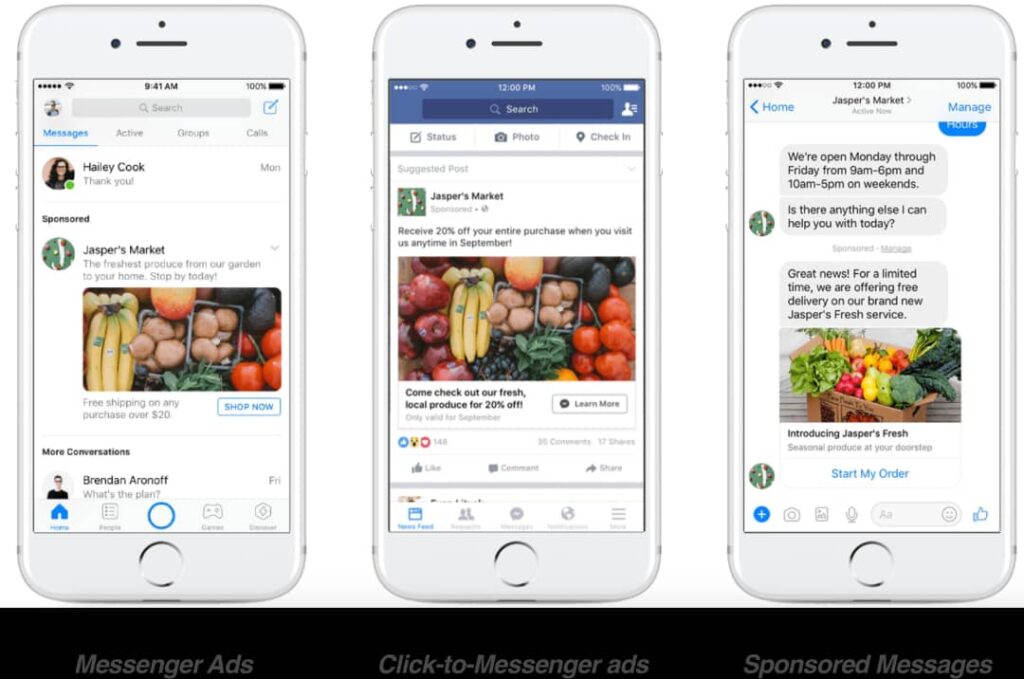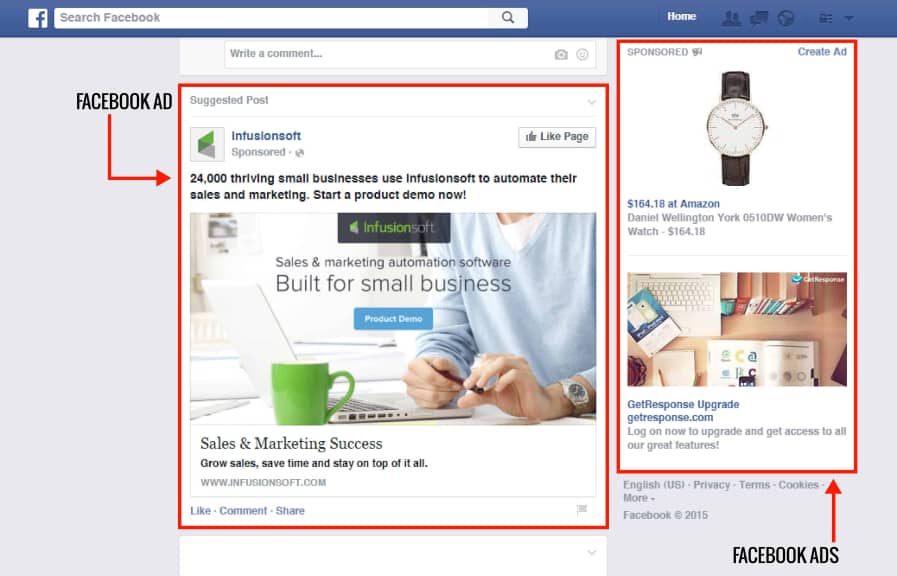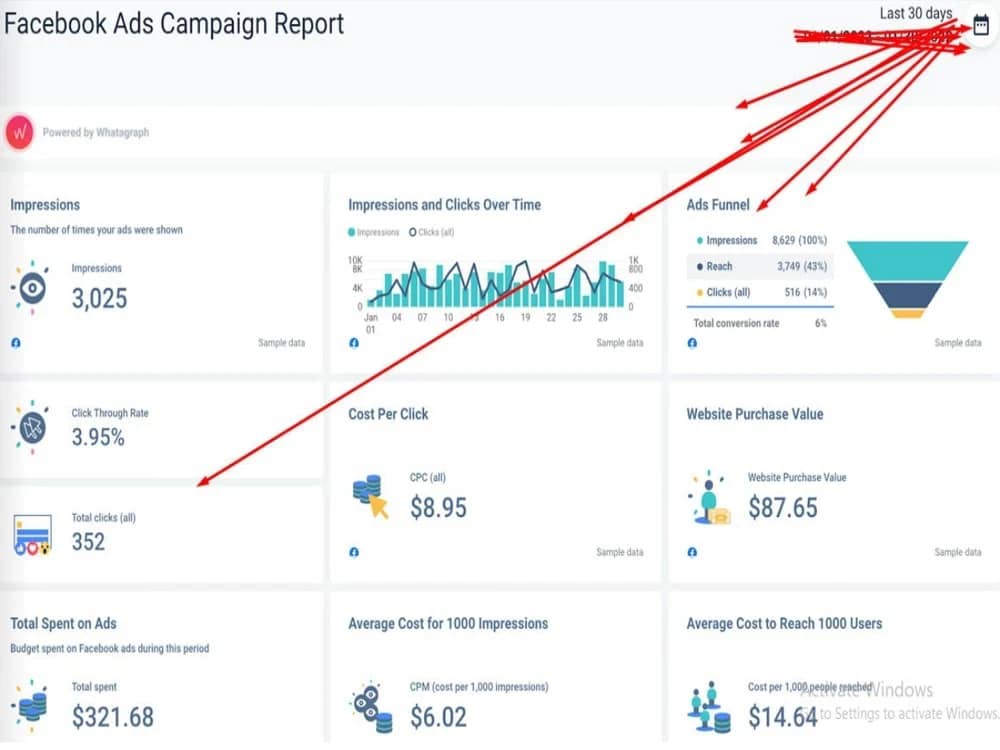
In Nigeria’s dynamic market, service-based businesses, such as salons, cleaning services, consultants, home-repair professionals and real-estate agents, face the dual challenge of reaching customers and convincing them to act. Traditional advertising can be costly or scatter-shot. That’s why using Facebook ads (via its parent company Meta Platforms, Inc.) offers a powerful alternative. With millions of Nigerians active on Facebook daily, targeted ads allow you to speak directly to people who are likely to need your service. This guide will walk you through setting up Facebook Ads—from preparation to launch, monitoring and optimisation—tailored to Nigeria’s service-industry realities.
Why Facebook Ads Work for Service Businesses
Facebook is more than a social network; it functions as a marketing platform where you can place your offer in front of people when they are browsing, relaxing or looking for solutions. For a service business, the key advantages include:
- You can target by location (for example, Lagos, Ikeja, Lekki) and reach people who reside or work in your service area.
- You can define your ideal customer by age, gender, interests and behaviour, which helps focus your budget on people likely to convert.
- In Nigeria, ad spend on Facebook can often be much lower than many offline ad channels, meaning even a small budget may yield meaningful results. Sources suggest starting around ₦1,500-₦3,000 per day when testing.
- Service-based businesses benefit from conversational outcomes such as a WhatsApp message, booking, or phone call, rather than only e-commerce purchases. Facebook’s tools support lead generation and message-based objectives, which fit this model well.
Because you offer a service, rather than a physical product that ships, your ad strategy can emphasise building trust, showcasing results (before/after, testimonials), and making it easy for the potential client to contact you. In a context where many customers prefer WhatsApp or direct chat, your ad should facilitate that conversation.
Preparation Before Running Your Ads
Before diving into the Ad Manager and clicking “Create Campaign”, spend time on foundational work. These preparations significantly improve your chances of success.
Define Your Goal
Ask yourself: What do I want to achieve with this ad? If you’re a cleaning service in Lagos, your goal might be “30 WhatsApp enquiries in 2 weeks”. If you’re a business consultant, you might aim for “10 booking forms submitted this month”. Having a clear goal keeps you focused and helps you measure success.
Understand Your Ideal Customer
For service-based businesses, knowing your customer makes a big difference. Think about their demographics (age, gender, location, income). Think about their pain points: Why do they need your service? What objections might they have? If you’re a home-repair service, the customer might be a homeowner in Lekki or Ikoyi who struggles with finding trustworthy handymen. Tailor your message accordingly. Connect Nigeria emphasises: the more specific your targeting, the lower your cost per result.
Set Up Your Business Assets
You need the tools in place for your ad to look professional and work well:
- A Facebook Business Page: This is the identity from which your ads will run. You cannot run ads purely from a personal profile.
- A Business Manager account: This gives you control over your ad account, billing, team access and tracking.
- A destination for your leads: Decide where your ad will send the user. Could be a WhatsApp Business number, your website’s landing page, a booking form. The destination must match your offer.
- Payment method: You’ll need to add a valid payment method (card or other) and ensure your ad account billing currency is properly set. Some cards may not work, so many advertisers recommend using domiciliary/dollar cards for stability.
Plan Your Budget
It’s tempting to go big immediately, but wise advertisers begin with small budgets, learn what works, then scale. I suggest starting at ₦1,500 to ₦3,000 per day during testing phases. This approach means you spend less to discover what works and avoid large losses.
Step-by-Step: Setting Up Your Facebook Ads

Here’s how you take your preparation and launch the ad campaign.
Step 1: Create and Configure Your Business Manager and Ad Account
Go to business.facebook.com and click “Create Account”. Enter your business name, your name and your business email. Once created, you’ll connect your Facebook Business Page, add people (if you have a team) and set your payment settings. Make sure your ad account is set in Nigeria’s currency (NGN) if available. This step is essential for access to Ads Manager.
Step 2: Choose Campaign Objective
Your objective tells Facebook what you want people to do. For a service business in Nigeria, recommended objectives include:
- Lead Generation: Collect contact details from people interested in your service.
- Messages: Encourage people to initiate a chat (often WhatsApp) with you. This works well because many Nigerian customers prefer messaging before committing.
- Traffic: Send people to your website or landing page if your business uses a form or booking system.
- Brand Awareness/Reach: Use this if you are simply trying to get names plastered locally — maybe you just launched and want visibility.
Choosing the right objective helps Facebook optimise delivery toward that specific goal, which improves cost-efficiency.
Step 3: Define Your Target Audience
Targeting is one of the most powerful levers you can use. It determines who sees your ad, and good targeting reduces wasted spend. Here are the main parts:
- Location: Pick the city or region where your service operates (e.g., Lagos Island, Ikeja, Lekki). If you serve only a suburb or a radius around your business, specify that.
- Demographics: Age range, gender, language. For example, running an upscale interior-design service requires a target of 30–55-year-olds who live in affluent Lagos areas.
- Interests & behaviours: Use Facebook’s tools to select people who have interests related to your service (e.g., home décor, luxury lifestyle, property investment for real-estate agents). Targeting too broadly (e.g., “all Lagos residents”) often leads to higher costs and poor results.
- Custom Audiences: If you already have a list of previous customers (email, phone) or website visitors, upload it and retarget them.
- Lookalike Audiences: Based on your best current customers, Facebook can create a “lookalike” list of similar people who might respond well to your service.
If you’re new, you might use Facebook’s automatic (Advantage+) audience targeting and later shift to manual when you know your best audience.
Step 4: Set Budget and Schedule
At the ad-set level, you decide how much you’ll spend and when your ad runs. You have two main budget types:
- Daily budget: The amount Facebook will try to spend each day. When you’re starting, this helps you control spending.
- Lifetime budget: A total budget for the entire campaign period, which Facebook will distribute across days. Useful for limited-time offers.
Setting the schedule means deciding when your ads should start and end. Hydra-Scola shows that the best days for Facebook ad engagement in Nigeria are Tuesday to Thursday, and good times include early morning (6-9 am), lunchtime (12-2 pm) and evening (7-10 pm). If you know your audience uses Facebook at certain times (e.g., after work), you can schedule accordingly.
It also suggests starting around ₦2,000 per day for testing, then increasing once you see results.
Step 5: Create the Ad Creative & Copy
This is what your audience will see — the image or video, the text, the call to action. Because service-based businesses rely on trust and relevance, your creative must carry a strong message and match your brand.
Visuals: Use clear, high-quality images or short videos. If you provide a service like cleaning, show “before and after” photos of a space you cleaned. For a consultant, perhaps a snapshot of you meeting with a client or a testimonial. Emphasise real content with simple pictures of your work, short text, and a clear call to action.
Copy: Write in everyday language. Speak to the customer’s pain or aspiration. Example: “Tired of spending weekends scrubbing your home? Let our team handle it — book quickly via WhatsApp.” Keep your headline, main text and description aligned. Include one clear CTA — such as “Send WhatsApp Message”, “Book Now”, “Get Quote”.
Format: You can choose single image ads, video ads (15-30 seconds work well), carousel ads showing multiple angles of your service. A video may perform better because motion attracts attention.
Landing destination: Make sure the destination link (e.g., WhatsApp chat, website, booking form) aligns with your ad’s promise. If you say “Book now via WhatsApp”, clicking should open a WhatsApp chat. Misalignment creates confusion and reduces performance.
Step 6: Review and Publish
Before clicking “Publish”, preview your ad across placements (mobile feed, Instagram, etc) to ensure the visuals and text look good and nothing is cut off. Check that the payment method is accepted, your billing currency is set correctly, and your business information (e.g., page name, disclaimers) is correct. After submission, your ad will go through Facebook’s review process (which may take minutes to hours).
Once live, monitor the ad closely. In the first 24-72 hours, you’ll start seeing initial metrics; if performance is poor, you might pause and adjust rather than continue spending.
Monitoring and Optimising for Better Results

Running the ad is only the beginning. Optimisation sets apart a successful campaign from one that drains the budget. Once your ad is live, you should check the Ads Manager dashboard regularly (daily is ideal in the early phase).
Key metrics to focus on include:
- Reach and Impressions: How many people saw your ad and how often?
- Click-through rate (CTR): Percentage of people who clicked after seeing your ad. If this is low, your targeting or creative might need improvement.
- Cost per click (CPC) and cost per lead (CPL): How much you pay for each click or contact. For service-based businesses, CPL is especially important because if the cost of acquiring a lead is higher than the value that lead brings, you’ll lose money.
- Conversion rate: Of the people who clicked, how many took the desired action (sent message, booked appointment, filled form).
- Return on Ad Spend (ROAS): Ultimately, the revenue generated is divided by ad spend.
Use this data to refine your campaign. For instance, if one ad creative produces more clicks but fewer leads, try a variation that emphasises the benefit more clearly or uses a stronger call to action. A/B testing different images, headlines, or audiences is key to improving performance.
When you find an ad set that’s performing well, you can scale to increase the budget gradually (e.g., increase by 20-30%) rather than doubling overnight, to maintain stability. ImeTechy suggests scaling slowly for profitable Meta ads.
Common Mistakes to Avoid
Even with a solid plan, many advertisers go wrong because they overlook basic issues. Here are frequent mistakes service-based businesses in Nigeria should avoid:
- Targeting too broadly: Casting your ad from Lagos to the entire country when your service serves only Lagos leads to wasted budget.
- Weak creatives or generic messages: If your image is low-quality or your copy vague, people scroll past.
- No tracking or unclear goal: If you don’t define what “success” looks like and don’t track it, you won’t know if the ad is working.
- Stopping too early: Facebook’s algorithm often needs time (3-7 days) to optimise delivery. Shutting an ad down too soon may prevent it from reaching full potential.
- Payment issues: In Nigeria, it’s common to run into card declines, currency issues or missing billing details. A failed payment can pause your ad and hurt momentum.
- Mismatch between ad promise and landing destination: If you say “Get free consultation” but send users to a generic homepage with no mention of the offer, you’ll confuse people and lose them.
- Violating Facebook’s ad policies: Using misleading claims, overly exaggerated results, or inappropriate content can lead to disapproval or account restrictions.
Tools and Resources to Support Your Campaign
To run your Facebook ads smoothly, you’ll benefit from using the right tools and resources. These include:
Design tools: Use platforms like Canva or other simple editing tools to produce high-quality images or short videos featuring your service.
Tracking tools: The Meta Pixel (formerly Facebook Pixel) allows you to track visitors and conversions on your website. If you send traffic to WhatsApp, you might use click tracking URL parameters or ask users how they found you.
Messaging tools: For a service business in Nigeria, using WhatsApp Business is smart. It allows quick responses, chat labels and automation (greeting messages).
Payment setup advice: Ensure your payment method is valid for Facebook/Meta ad spend in Nigeria. Many use domiciliary (dollar) cards or ensure their naira card supports international payment.
Learning resources: Refer to up-to-date guides, such as the Complete Facebook Ads Guide (2025 Edition), for tips on campaign structure, targeting, creative, and optimisation.
Conclusion
For service-based businesses in Nigeria, Facebook ads offer an excellent opportunity to reach the right audience with the right message—if approached strategically. The process involves understanding your offer and audience, preparing your assets, creating targeted campaigns with compelling creative, monitoring results and optimising consistently.
Remember to start small, test what works, then scale up once you find what resonates. Avoid the common pitfalls of vague targeting, weak offers or poorly tracked campaigns. With persistence and smart tuning, your service business in Nigeria can use Facebook ads to turn interest into enquiries, bookings and meaningful growth.